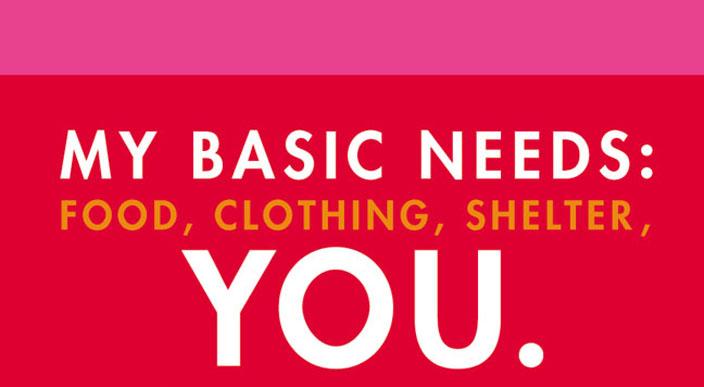Basic needs are basis for economic and social order – youths
February 1 The availability of people’s basic needs forms the basis for economic and social order, according to members of the Brikama Youth Development Association. As a matter of principle, the BYDA believes that the peace and stability which an economy requires to enjoy uninterrupted growth hinge on meeting people’s basic needs in food and non-food essentials. According to Buba Barrow, a member of BYDA if people’s stomachs are filled on a regular basis the economic programme of revitalization is set to be on course. Mr. Barrow told TODAY it is this same stable and resurgent economic order which will continue to ensure that the basic essentials for the population are made provided and rendered affordable.
The availability of people’s basic needs forms the basis for economic and social order, according to members of the Brikama Youth Development Association. As a matter of principle, the BYDA believes that the peace and stability which an economy requires to enjoy uninterrupted growth hinge on meeting people’s basic needs in food and non-food essentials. According to Buba Barrow, a member of BYDA if people’s stomachs are filled on a regular basis the economic programme of revitalization is set to be on course. Mr. Barrow told TODAY it is this same stable and resurgent economic order which will continue to ensure that the basic essentials for the population are made provided and rendered affordable.
Barrow said people’s participation in the economy should impact their level of productivity and the distribution pattern of the wealth that results from their effort. He noted that in any social context, popular needs usually inform what is in a country’s development agenda with the state overseeing the process for the realization of given goals.
Taking a worldwide perspective, he observed that although governments, during the last few decades have embarked on many development programmes as people witnessed diversities in development strategies, the basic needs approach remains a daunting challenge for many nations with growing populations and depleting resources to deal with this challenge. He argued that countries meeting the basic needs of their peoples should factor into the yardstick by which to measure the level of development and the success in reducing poverty levels.
According to Barrow, advocating for the identification, classification and satisfaction of human needs should be centred on the production capacity and capacity building of the nation as a way of improving the human condition, noting that such recognized potentials should be depended on to determine the extent to which people’s conditions have improved. He stated that the rise of an economic order for development would require an even greater effort by the people themselves since development is not done only done for people but it’s essentially done by people themselves to meet basic needs.
“The process for the kind of change that brings socio-economic development must as a matter of necessity and expediency include the poor who should not only be allowed access to the tools of productions but should also be allowed to own economic stakes in this arrangement” Barrow suggested.
Mr. Barrow also stated that the basic needs approach may not submit itself to straightforward analysis since people’s needs change all the time rendering them difficult to pigeonhole as they vary according to place and time. He said nonetheless those needs may fall under employment, health, education, food security and housing, peace and distributive justice and self-realization.
“The rise of a new economic order would also depend hugely on the people. The basic needs approach lays a lot of emphasis on self-help which would go a long way to identifying the needs which is the real starting point for the process of development”, he posited.
Another member Malang Njie also argued that meeting basic needs attempts to remedy the weakness of other development strategies as it tries to classify people according to their immediate needs or lack, which oftentimes seem so critical to identify or locate because of their variance in relation with time in the different societies of people. He further noted that satisfying such basic needs might take a turn for a new economic order for the people and the nation in general since it is attracted to national development through economic growth and viability. He said that it enables production to be done at a higher rate since the demand for production so as to meet these needs would become more generally intense. He proclaimed that the basic needs approach is a rock base pre-condition for any meaningful development as it engages into capacity building which the people may later put into practice to increase their level of productivity.
Mr. Njie observed that some moral obligations have been attached to the concept of basic needs for a new economic order, saying that it demands that there should be consideration of the rich towards the poor in terms of aid and incentive which will help to bridge the gap between these two opposites, capacitate poverty alleviation campaigns and improve the living standards of people. He also stated that richer countries may also offer help to least developed nations in terms of scientific and technology transfer which only but facilitate a rapid socio-economic change and development.
He noted that basic needs are human centred and are also politically appealing on the side of the government in its drive to satisfy citizen’s needs at any given time. He also emphasized that attitudinal change is utterly vital on the side of citizens as doubts are raised about those whose capacities are to be built upon, whether they will readily contribute positively in this regard and become more productive in the country’s quest for a maximized production to satisfy its citizens’ needs.



